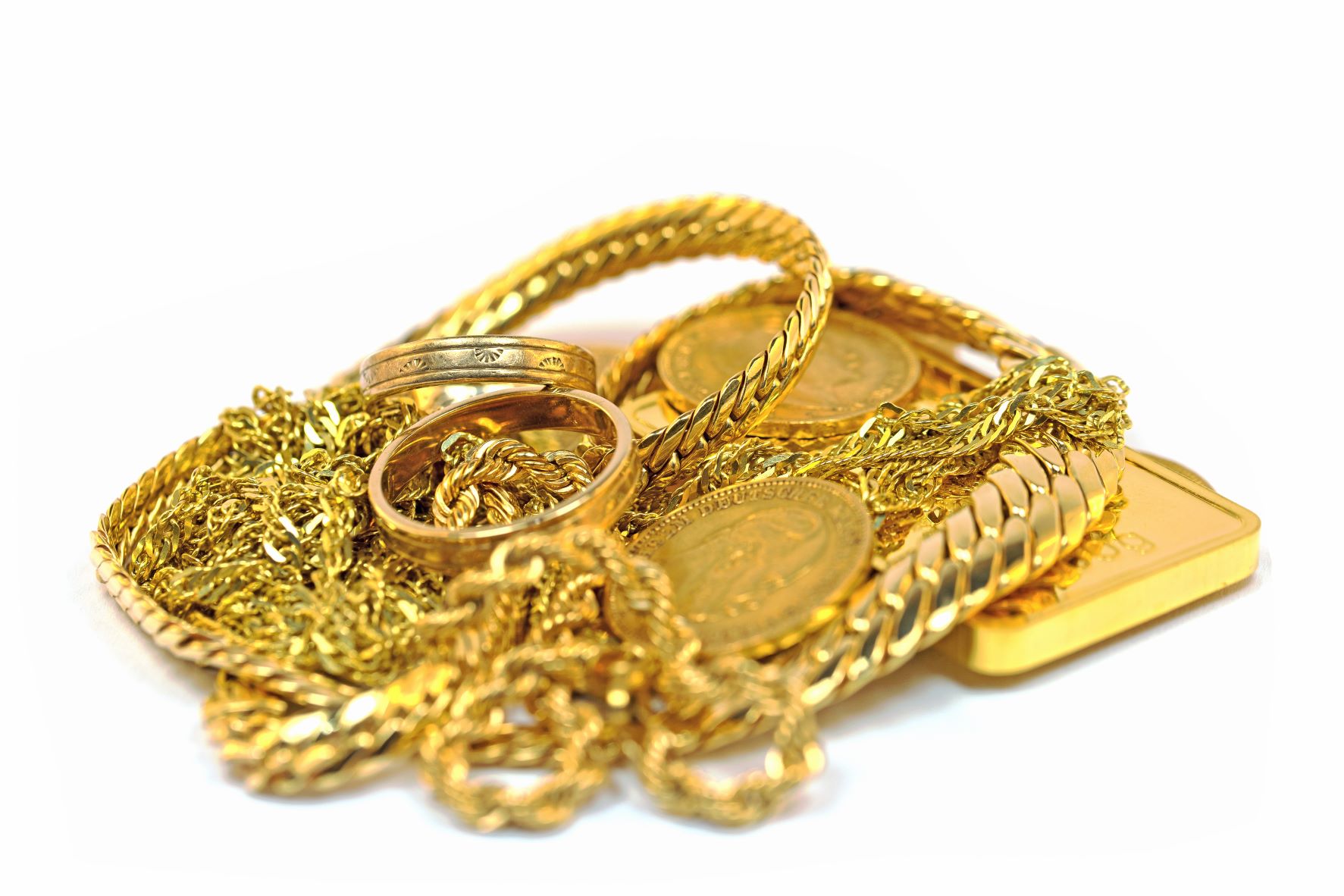Gold is one of the most sought-after valuable metals in the world. Its worth is not only based on its aesthetic appeal but also on its rarity and the various applications it has in varied industries. However, guaranteeing the quality of gold is crucial for buyers and vendors alike. This is where effective verification methods come into play. Certification aids to validate the purity and genuineness of gold, giving both consumers and stakeholders confidence in their purchases.
The procedure of certifying gold involves several phases. Firstly, the gold must be examined for its fineness, which is usually measured in carats. Pure gold is 24 carats, but gold is frequently mixed with additional metals to improve its strength and look. Testing can be performed through various techniques, such as acid tests or X-ray fluorescence, which offer precise readings of the gold content. Once the testing is complete, a certification body can provide a report that confirms the gold's standard, ensuring that purchasers know exactly what they are getting.

Certification not only safeguards consumers but also assists maintain the integrity of the gold market. Reputable certification organizations establish rigorous standards that gold must satisfy before it can be certified. These standards include responsible sourcing, meaning that the gold should be obtained in a way that does not damage the environment or unfairly use recommended read workers. By complying to these standards, certified gold promotes responsible mining practices and advocates for eco-friendliness in the industry.
Another crucial aspect of gold certification is traceability. Many buyers today are curious in knowing where their gold comes from and how it was produced. Certification methods often include a tracking system that tracks the gold from source to market. This clarity is vital in establishing trust between purchasers from this source and sellers. When consumers know the origin of their gold, they can make informed decisions, and this can lead to heightened interest for ethically sourced products.
In conclusion, efficient certification practices play a critical role in ensuring gold standard. They provide assurance to buyers about the fineness and authenticity of their acquisitions, while also promoting responsible and eco-friendly practices within the gold sector. As the interest for gold continues to grow, maintaining high standards through certification will be crucial for fostering trust and integrity in the market. By backing certified gold, buyers can contribute to a more ethical and transparent sector.